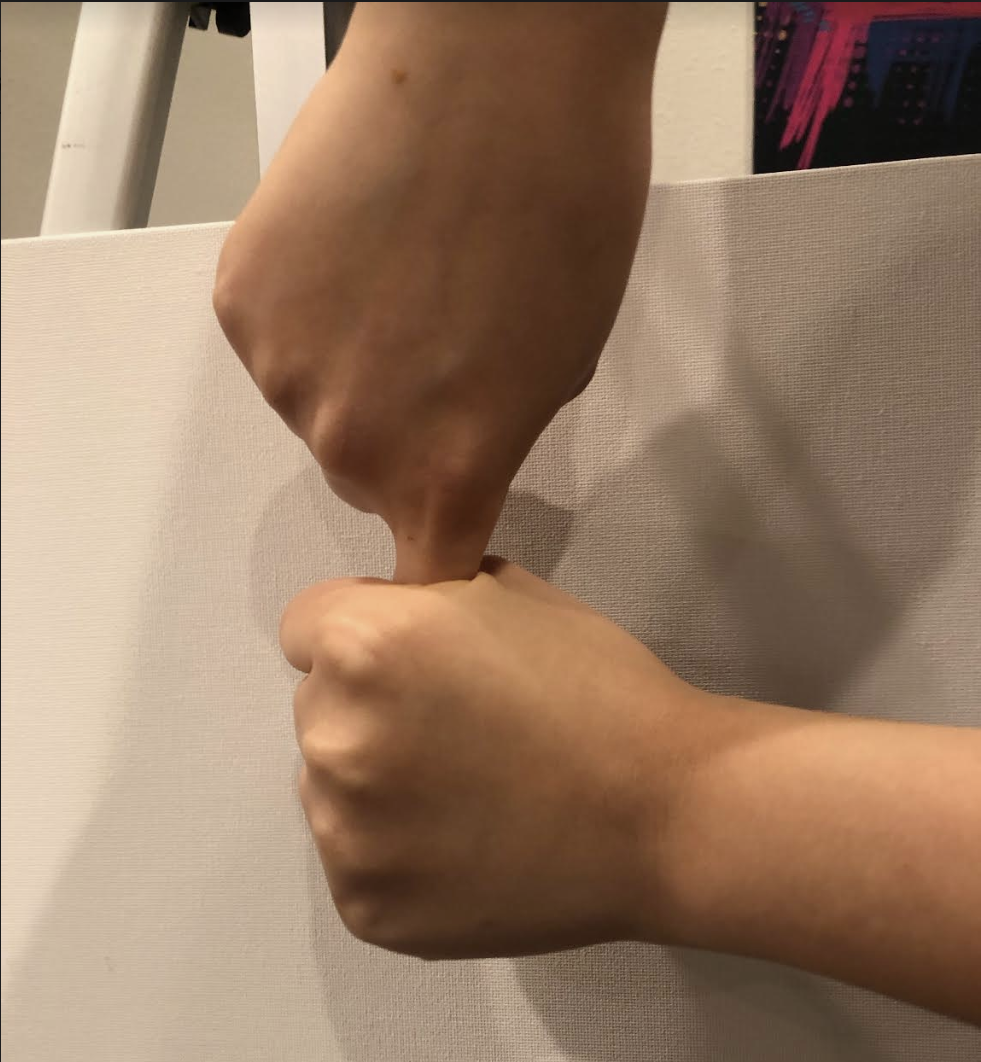Text: “The Virgin Vault” or “The Vault” at Vanderbilt University
Minor Genre: Folk Speech – Crude Stereotype
Context:
L explained that “The Virgin Vault,” or “The Vault,” was the unofficial name for an all-girls hall at Vanderbilt in which boys were not allowed. It was the fourth floor of the Dyer Observatory, and its reputation as “the living space for virgins” was well-known among the student body. L lived in “The Virgin Vault” in her freshman year of college, 1993. She explained that she was aware of the hall’s reputation before she moved in – and that the title was “not considered a compliment, but it did not bother me.” It was simply where she could get a room; she wanted to get out of a bad roommate situation, and the only room available was in “The Vault.”
Analysis:
“The Virgin Vault” as a community nickname for an all-girls floor makes for an interesting social analysis in two main ways: it makes gendered assumptions about sexual engagements and implies that it is a negative trait for a girl to be a virgin. While it is reasonable to consider that 1993 did not have the same level of LGBTQ inclusivity that is common today, this phrase and its context implies that sex can only happen between people of the opposite sex. It also raises the question: would an all-boys floor also have the potential to be called a Virgin Vault? The answer is no, at least for Vanderbilt. This is another aspect that creates gendered assumptions about sex and traditional roles: that it is the boy who would be visiting the girl, and not vice versa.
The second interesting implication of “The Virgin Vault” is the implied negative connotation of virginity. Socially, being a virgin is considered “bad” – but so is having “too much” experience. Another aspect to consider is that some girls, including my mother (L), did not consider being labelled as a resident of “The Virgin Vault” to be a bad thing. This indicates that such a charged phrase only achieves power when it is used by/on people who care about its negative (or positive) social implications.

